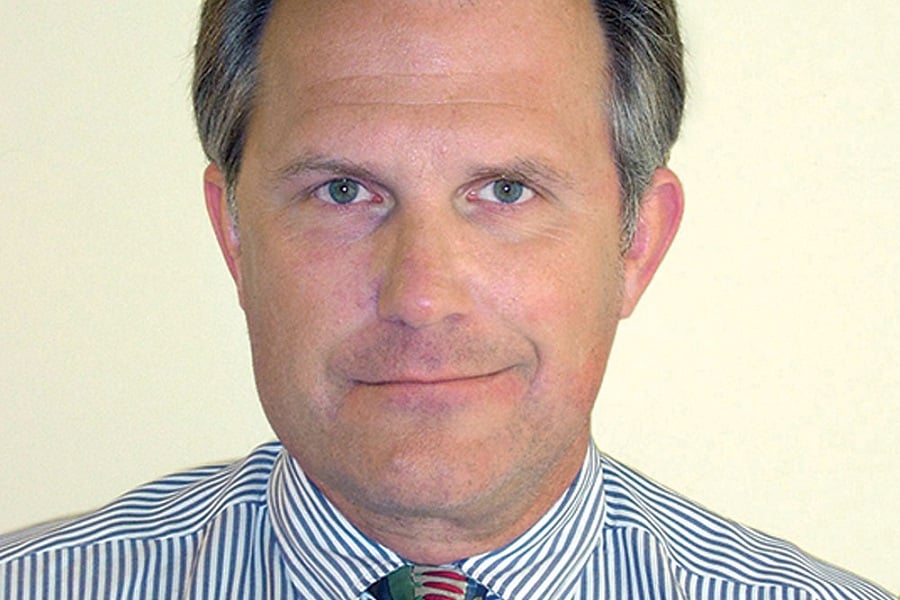Reg BI rolled-out with bravado and fanfare on June 5. The SEC chairman spearheaded a two-hour presentation on
two rules and two interpretations aimed at bringing "the legal requirements and mandated disclosures in line with reasonable investor expectations."
In an open meeting, the chairman outlined the hurdles overcome — including interested parties "strident and divergent views" — to get to today. He applauded the expertise, experience and hard work of SEC staff, and cited dozens by name. The celebratory feeling of the staff was palatable, deserving of the achievement the chairman credited them with. Very nice, indeed.
John Taft is vice chairman of Baird and former chairman of the Securities Industry and Financial Markets Association. He's the architect of SIFMA's July 2011 blueprint for a best interest standard and lead the lobby group through the development of the Dodd-Frank legislation. Mr. Taft is a good sparring partner. We've taken opposing views on conduct standards since 2009, when our group said SIFMA's standard fell short of an authentic fiduciary standard. SIFMA publically disagreed with our comment.
Mr. Taft is a veteran advocate for broker-dealers, arguably the most experienced B-D executive advocate in the country today, and so his opinions matter greatly in the B-D community.
His
InvestmentNews piece on Reg BI makes a pretty big claim: that brokers are held to a higher standard than investment advisers because "disclosure of a financial conflict alone is not considered adequate under the rule."
Mr. Taft wrote: "Under Reg BI, broker-dealers must mitigate and in certain cases eliminate financial conflicts of interest. Disclosure of a financial conflict alone is not considered adequate under the rule …. This is truly a best-interest standard with real teeth."
Mr. Taft says conflict mitigation is required by the rule. Yet, the rule and release reveal a different picture. It's that policies to identify if conflicts merit mitigation are required. Yet, actual mitigation is only called for if, and only if, the B-D itself finds it is so.
The rule requires "written policies and procedures reasonably designed to … identify and mitigate any conflicts of interest associated with such recommendations that create an incentive" to place the interest of the broker ahead of the interest of the customer.
Yet, the Reg BI release leaves a B-D great discretion over whether mitigation is necessary. First, the B-D can write and choose its own policies. Second, a B-D can choose what these policies mean and determine if an "incentive" puts the interest of the broker or firm ahead of the customer. Third, a B-D can then choose the mitigation measure, if required. This means, on a practical basis, that B-Ds can self-regulate.
This regime of self-regulation raises questions. One question should be how often will a B-D voluntarily finger its own incentives as requiring mitigation under Reg BI — while also having argued the same incentives are good for customers under Financial Industry Regulatory Authority Inc. rules that say recommendations must be consistent with a 'best interest' standard.
Mr. Taft made a mistake. He said brokers must mitigate financial conflicts and as a result concluded brokers are held to a higher standard than advisers. Mr. Taft is wrong, but should get some slack for his misstatements because it appears he reasonably believed the SEC. He believed the SEC to mean mitigation is required when the SEC says, as it does in its fact sheet, that the standard of conduct "cannot be satisfied through disclosure alone."
In these rules and interpretations, the SEC seeks to elevate, enhance and clarify broker-dealer and investment adviser obligations. This public case raises the question if further clarification as to the mitigation obligation may be forthcoming. We'll see.
Knut A. Rostad is co-founder and president of the Institute for the Fiduciary Standard, a nonprofit that advances the fiduciary standard through research, education and advocacy.







